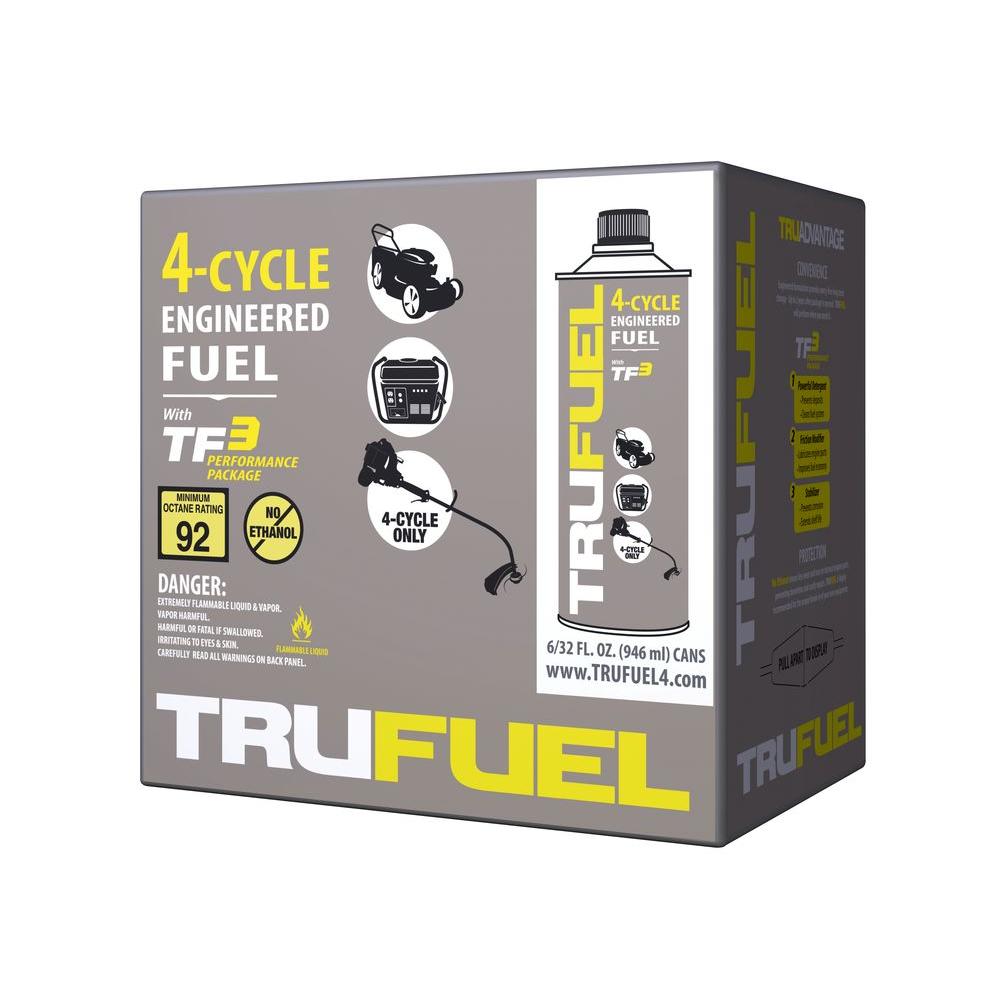Big Katuna wrote:
So all these places that have a big sign that says “Ethanol Free Gas” are lying?
And the airport sells gasoline in addition to Av gas. And it’s not the carb that dislikes E gas, it’s the rubber. Ethanol melts the fuel lines and diaphragms. My son has a landscaping business. They use premix e free fuel at twice the price for all their wackers and blowers. Because in the long run it’s cheaper.
YES!!They are absolutely lying, it is a marketing gimmick to get Anti E folks to be willing to pay more and buy from their station.
Concentration may not be 10% (Max EPA allowable concentration) but it IS still there non the less..
Per
HERE"Most of the gasoline now sold in the United States contains some ethanol. Most of ethanol blending into U.S. motor gasoline occurs to meet the requirements of the 1990 Clean Air Act (RFG Fuel) and the Renewable Fuel Standard set forth in the Energy Independence and Security Act of 2007. The U.S. Environmental Protection Agency (EPA) administers the requirements with the Renewable Fuel Standard Program"In an old report back in 2015 there were SEVEN States which REQUIRE E10 Ethanol mix..
HEREFar as I am aware, that IS still happening.
By the way, PENNSYLVANIA is one of those seven states..
Per link above..
"Ethanol-blended fuel can be found at many gas stations, but only a handful of states require it, according to a recent survey of laws conducted by Hemmings Motor News.
Only seven states--Louisiana, Minnesota, Missouri, Montana, Oregon, Pennsylvania, and Washington--have mandates that require ethanol to be blended with the fuel supply.
Louisiana and Washington require ethanol to make up 2 percent of the total volume of fuel sold, while the other states specify E10--a blend of 10 percent ethanol and 90 percent gasoline."There MAY be some states which do not "mandate" Ethanol to be blended in gas, however you need to realize the Ethanol REPLACED another "Oxygenate" which was MTBE (found out latter to be a very hazardous chemical which polluted the ground and water)..
See question hereWhat is MTBE and why is it being replaced by ethanol?
I was doing my research and came across the fact that, "Ethanol is increasingly used as an oxygenate additive for standard gasoline, as a replacement for methyl t-butyl ether (MTBE), the latter chemical being responsible for considerable groundwater and soil contamination"More info on MTBEEthanol as an Oxygenate is used to LOWER your vehicle and your small engine (lawn mower, generator and such)emissions buy allowing for a better and more complete burn of the fuel, so it comes back to an EPA thing..
You also need to consider that there are only so many FUEL BLENDING distributors, these are the places where the tankers line up to get fuel for the stations.. It simply is not economical to send out one huge tanker with thousands of gallons capacity to fill ONE SMALL non Ethanol tank at a single gas station..
Don't get me wrong, I am not a fan of Ethanol laced gas, but the harsh reality is there IS some level of Ethanol in ALL gasoline sold for ON THE ROAD USE. It may be 1%, 2% or 10% but it IS there.
Most gas pumps are labeled with a marking stating "UP TO 10% Ethanol".
The ones that might have a HUGE SIGN as "ETHANOL FREE" are more likely to have 1%-9% Ethanol..
You can buy supposed Ethanol free in a quart can marketed to the Lawn mower crowd but at $6.20 per quart you are paying $25 per gallon of fuel.. I can can afford buy a new lawn mower every year at those prices!

In all honesty, I researched this to death many years ago when I acquired a rather rare 1901 automobile, I was concerned that all the blather about Ethanol gas killing carbs.. I TRIED to get Ethanol free "AV" gas, TRIED to get Ethanol free RACING GAS but in PA, no station will sell it to the general public..
Well so far after 9 yrs of ownership, I can tell you that engine runs just as good or better than the fuel that was available back when it was built which was Naphtha or now known as Coleman fuel..
There has been no destruction of the carb, no clogged jets, no damage what so ever.
The ONLY possible issue would be IF the float was CORK which Shellac would have been used to seal the cork. Alcohol is used to liquefy the Shellac and it will soften and strip the Shellac..
My antique car has a brass float..
Modern small engines typically use a metal float or a composite plastic float which is not damaged by high Ethanol concentrations.
To store ANY GASOLENE you NEED A AIR TIGHT CONTAINER, it will stay fresh for a long time as long as no air can get in and allow the moisture to gather in the container.
